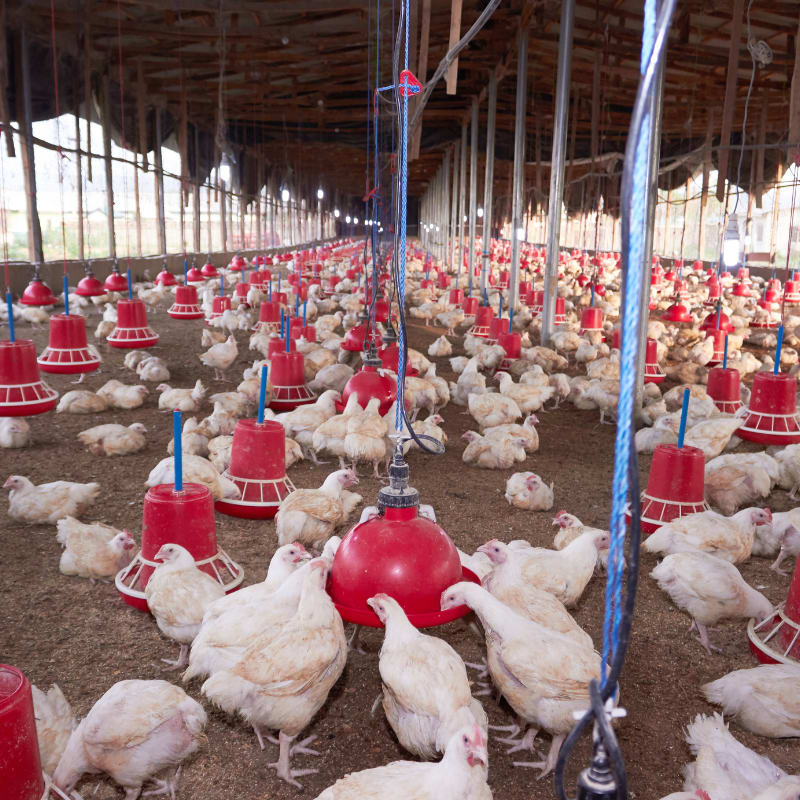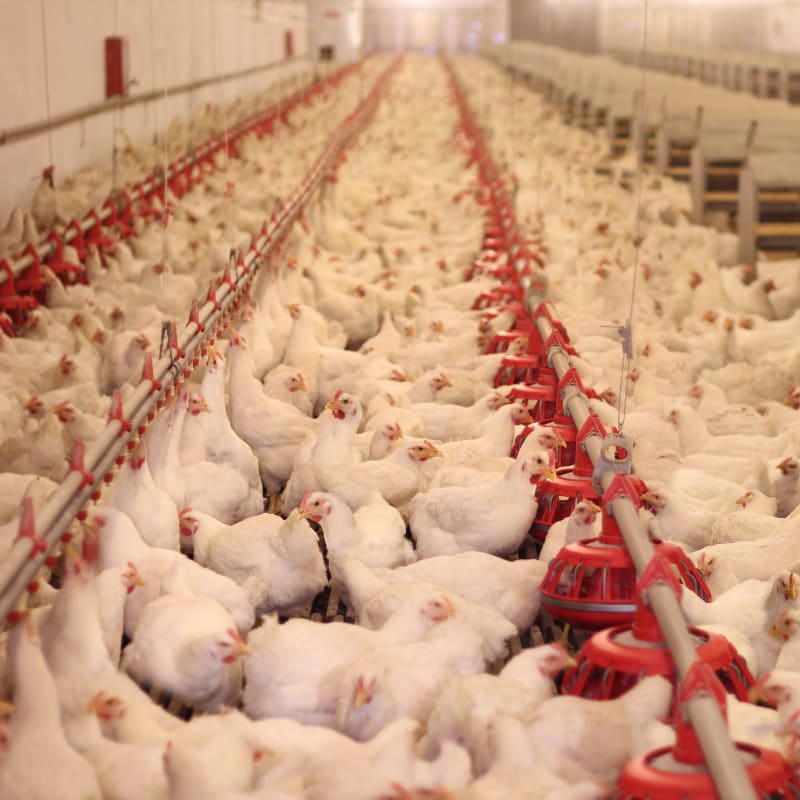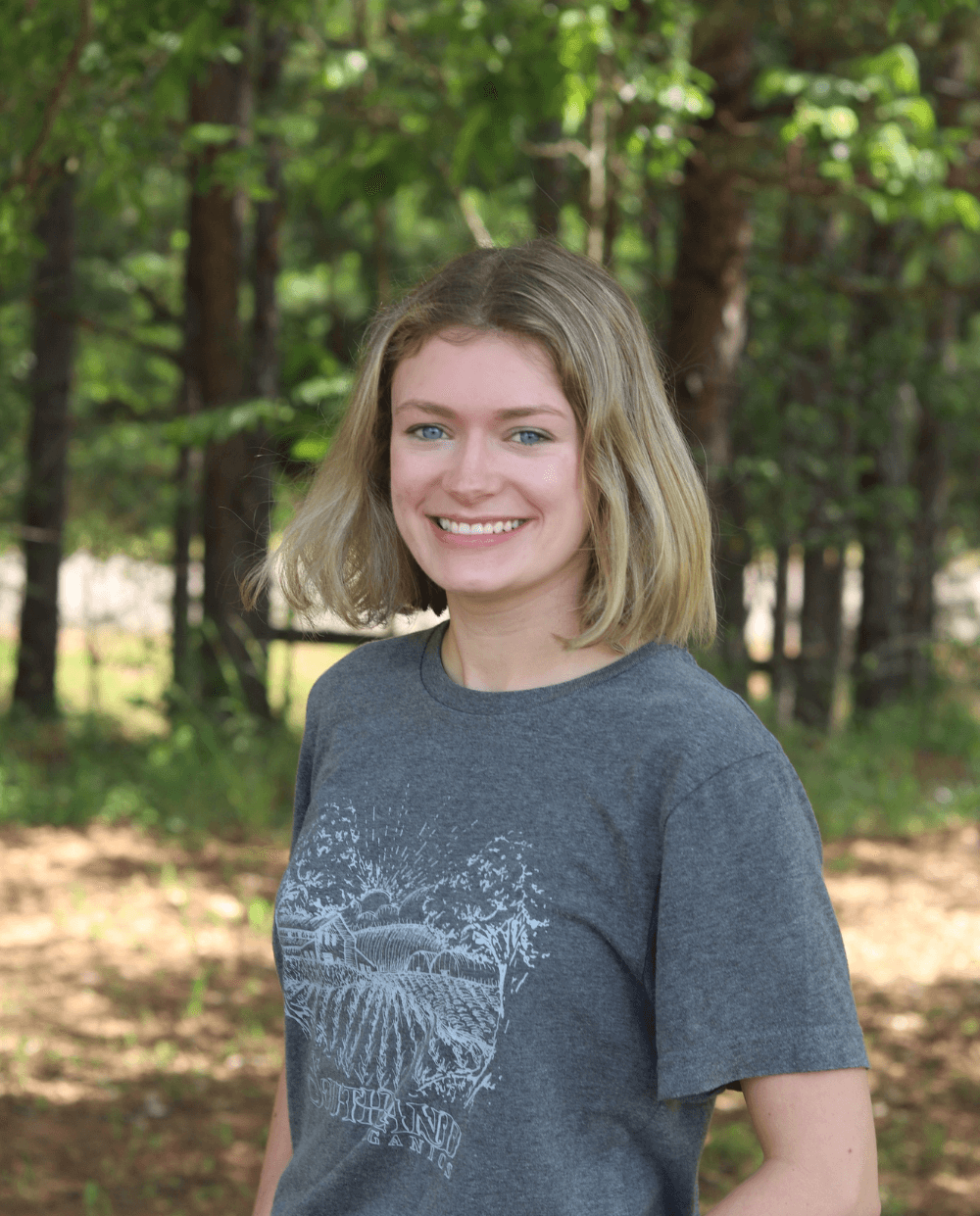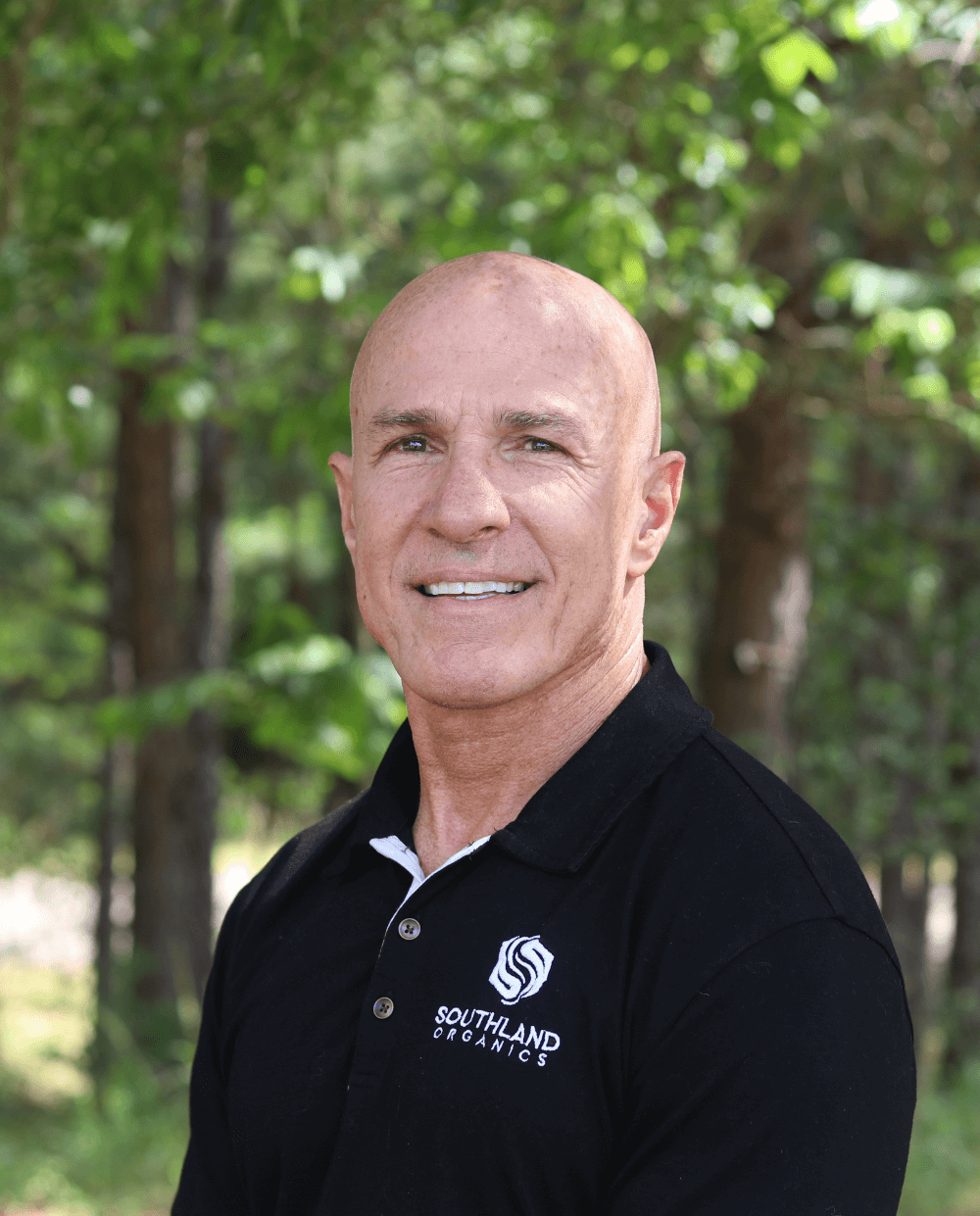Your Poultry House is a Resort... For Pests!
During the summer time you may go on vacation, but did you know that pests are vacationing too? They're staying at a five-star resort in your poultry house!
Poultry farms can be the perfect luxury vacation for rodents and insects. Your farm provides them with a buffet, plenty of shelter, and cozy warmth. This blog and video will discuss some ways you can make your poultry house a less comfortable place for pests to stay. These are called cultural or environmental pest control measures.
Environmental Pest Control Methods for Poultry Producers
Cultural and environmental strategies work alongside chemical-based methods to control pests in poultry houses. Here, we'll discuss the former. Read on for some simple tips to keep your poultry house clean and less likely to harbor pests.
Limit Wet Spots
Bacteria and bugs like to hang out in wet spots around your house. If you have moisture from something like a leaky nipple, try to fix it as soon as possible. Eliminating moisture reduces the areas in which bugs can thrive.
Blow Down your House
Blowing dust, leaves and other debris from your house gets rid of places where bugs can hide.

Close up Nooks and Crannies
Especially if you have an older house, you may have some cracks and holes around your house that need to be closed up. Foam insulation like Great Stuff or Tiger Foam can be really helpful with jobs like these. The point here is to close up any opportunities bugs and rodents might have to enter your poultry house.
Remove Debris
Removing debris like wood and even tools from around your house further decreases the areas in which pests can hide. Large debris makes an especially comfortable place for rats, who usually have a harder time hiding that insects due to their size.
Mow your Lawn
We've joked in the past about the importance of mowing your lawn. In our April Fool's video, we poked fun at the idea that mowing your lawn would make your birds grow better. In all seriousness, mowing and weed eating is a great practice to keep up with in order to decrease hiding places for rodents.
Litter Prep Early
Catch night is exhausting, no doubt. Some farmers like to take a break after catch night, but if you can give one more day after catch night to clean out and prep your litter, you could really help your darkling beetle control.
After catch, beetles will get out of the litter and go into the walls, nooks and crannies in your house. If you clean out the litter before this happens, you'll clean out the darkling beetles too!
If you windrow, do it soon after catch so you can kill any larvae remaining with the heat of the windrow before they hatch. Basically, the sooner you deal with litter, the better chance you have of getting rid of some bugs!
Take Advantage of Cold Weather
Did you know that below 30 degrees Fahrenheit, none of the darkling beetle life stages can survive? We know that farmers down here in Georgia and farther south might not experience a time when it's below 30 degrees and your house is empty. But if you get to a point where you have no chickens and it's below 30, winterize your house and open those doors! Let the poultry house get cold so the chilly air can kill some bugs.
Types of Pests in Poultry Houses
There are all types of nuisances that can negatively impact your poultry house. We'll go through a few of these below. Usually, the most important and impactful of these is darkling beetles.
Darkling Beetles
In addition to causing your birds undue stress, darkling beetles carry diseases like E. coli, salmonella and newcastle.
On top of that, a severe darkling beetle outbreak can reduce your insulation by 25% in just one year. Adults and larvae consume poultry feed, too. They cost you money, stress your birds and cause disease! Taking some extra time and effort to get rid of them is well worth it.
Northern Fowl Mite

Northern fowl mites are some of the more threatening insects that can invade your house. They commonly use rodents and wild birds as hosts, who can then bring them to your flock. Their entire life cycle is spent on their hosts, feeding on their blood and in the case of chickens, laying eggs around the vent area. This is very irritating to your birds.
Manure Breeding Flies
Manure breeding flies are especially attracted to fresh poultry manure, which makes a great environment for fly breeding for many species. Caged layer houses have especially bad issues with fly populations. Because of this, reducing moisture in coop floors or wherever there is poultry waste can be an effective means of fly control.
Rodents
In addition to being vectors for disease, rodents will eat poultry feed and damage poultry houses. Since rodents usually come out at night, the severity of an infestation may be much worse than you think.
In another video and blog, we'll go over chemical pest control strategies like application of chemicals, timing of application, placing bait and what chemicals to use.
Contact Us
If you have any questions, feel free to email allen@southlandorganics.com or give us a call at 800-608-3755. We are always taking suggestions for future videos- someone actually requested the topic you're reading now!






